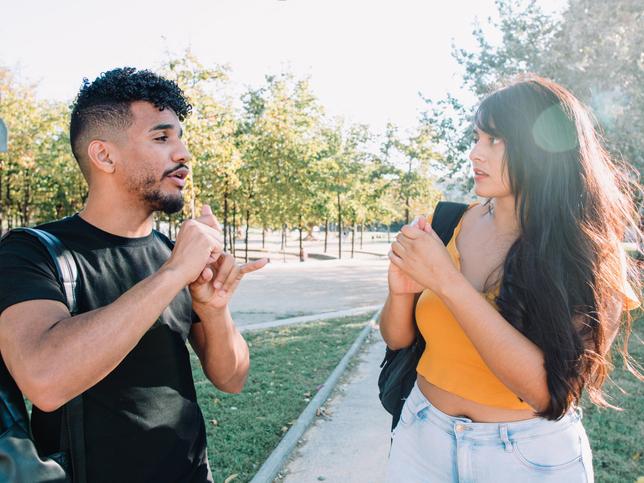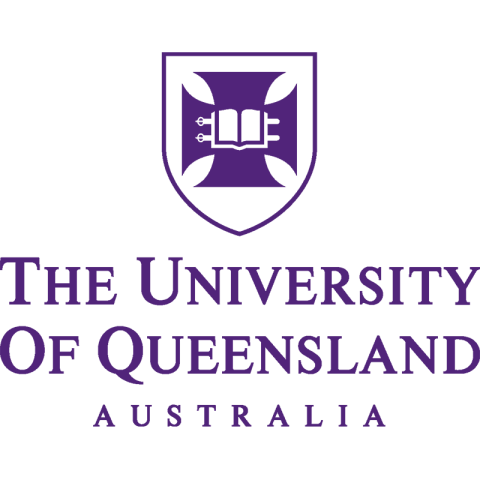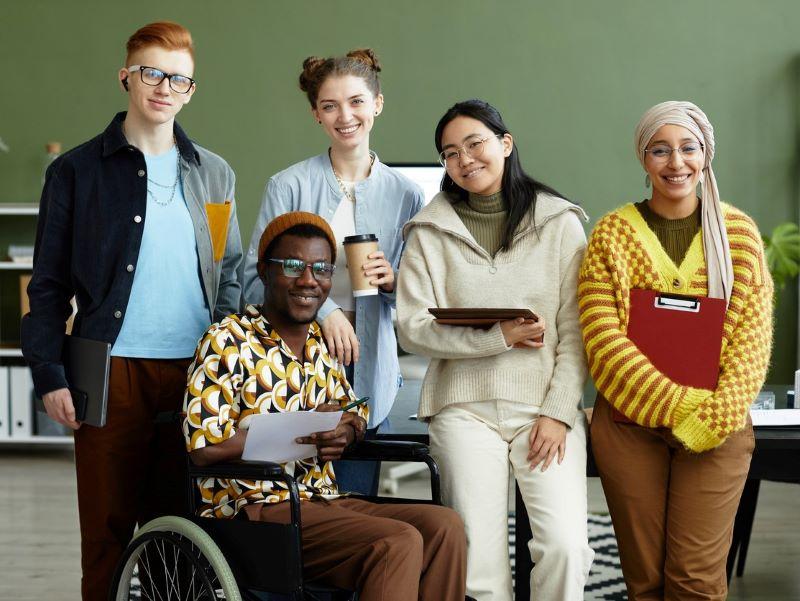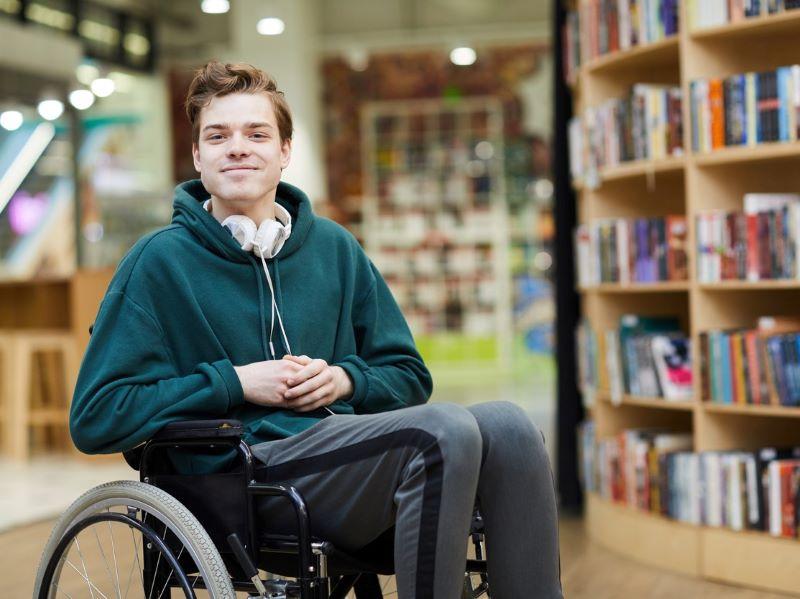
Supporting students with disabilities’ success through extracurricular activities
You may also like
Extracurricular activities (ECAs) are a core part of the student experience, especially regarding skills and personal development, sense of belonging and graduate outcomes, as has recently been emphasised by universities. Indeed, they are often used to distinguish graduates in job applications. However, students with a disability are under-represented in these opportunities and suffer as a result.
Students with a disability are significantly less likely to graduate or feel satisfied with their university experience than their peers and are less likely to have as positive graduate outcomes. This has long-lasting consequences for disability equality in our society, but encouraging participation in ECAs is a known way to improve these outcomes.
- Where are the leaders with a disability in higher education?
- The power of events to build belonging among students
- How a rich extracurricular campus life nurtures well-rounded individuals
There are ways practitioners and policymakers can encourage participation of students with disabilities into ECAs to help them fulfil their obligations to these students. Specifically, those who run employability programmes and create disability action plans should try to consider the following:
1. Create targeted programmes
Diversity groups are more likely to get involved with causes that concern them directly, so peer mentoring, awareness days or student-staff partnerships aimed at improving the student experience can all be ways to engage these students. When these events are targeted well, there is potential for students to become experts, be validated and have a say in how they are represented. For example, an awareness day for a disability could include a screening of a movie that a student chose to represent their experience and share with others.
Be aware that student unions and disability collectives may already be planning such activities, so reach out to them and see how you can help. You may be able to advertise the event or encourage them some other way.
2. Develop an understanding of differences
Students with a disability can often feel different, that they are a burden or that they won’t be understood. This is especially the case when they face barriers that are less perceivable or beyond physical assistance such as ramps. For example, a student with a chronic illness may be worried about the consequences of a sudden cancellation if their condition fluctuates. Another student may need to feel that their stimulation sensitivity will be accounted for if they participate in the ECA or that their carer will have a place to wait safely and comfortably while they engage in the activity or even that their inability to take public transport will be considered.
Ensuring that staff and senior student mentors are aware of differences within the community and how to support them is imperative. Staff and students could be encouraged to undertake institution-provided diversity training or be simply informed to be understanding, to interpret others with good faith and to be prepared for such situations.
3. Make provision for financial supports
Many students with a disability struggle financially with participation in non-curricular activities, especially after taking into account the extra costs of managing a disability and the common intersection between disability and low socio-economic status. Although in Australia financial support is offered through Centrelink, which provides government services and payments, and the National Disability Insurance Scheme, this support is not comprehensive and leaves many students economically vulnerable. Also, these sources will not provide funding if they believe that it is the institution’s responsibility to do so or for not-for-credit overseas experiences. For example, co-author Paul Harpur, who is blind, has struggled with the financial demands of food procurement, reliance on private transport and the need for a guide when travelling away from his workplace. As a result, he has championed the Staff with a Disability Travel Fund to take the burden off staff themselves. Such a model is life-changing and should be considered for all university community members. Targeted scholarships for engagement in ECAs are also an option.
4. Provide information about external opportunities
Being aware of outside opportunities can also help students to build their networks and independence. The Australian Network on Disability provides paid internship experiences for students with a disability, so promotion of these could be helpful. Disability advisers should be prepared to give advice on navigating ECAs off campus.
5. Investigate your institution
Every institution is different. A metropolitan university that attracts large numbers of international students will be different from a rural university with a high concentration of first-in-family, low-socio-economic and Indigenous students, for example. To understand how these different aspects intersect and augment the experience, it is important to survey and connect with your own community and respond to their needs. For example, you may need to also consider whether experiences are culturally safe or that students with disabilities may enter university without cultural knowledge of ECAs.
ECAs are not only enriching, they are expected to be accessible and a fundamental part of the educational experience for all students, according to the United Nations Conventions on the Rights of Persons with Disabilities. This is reflected in domestic laws such as Australia’s Disability Discrimination Act 1992 and the Disability Standards for Education 2005. However, universities are not meeting these obligations, and they are often overlooked at the policy and practitioner levels.
So, consider the participation of students with a disability when planning your enrichment activities within the university community.
Brooke Szucs is a research assistant and Paul Harpur is associate professor and future fellow, both at the TC Beirne School of Law at the University of Queensland.
This research was made possible by the Australian Research Council funding for the Future Fellowship FT210100335.
If you found this interesting and want advice and insight from academics and university staff delivered direct to your inbox each week, sign up for the Campus newsletter.




